Nairobi Records Sharp Drop in Holiday Travelers Amid Rising Fares
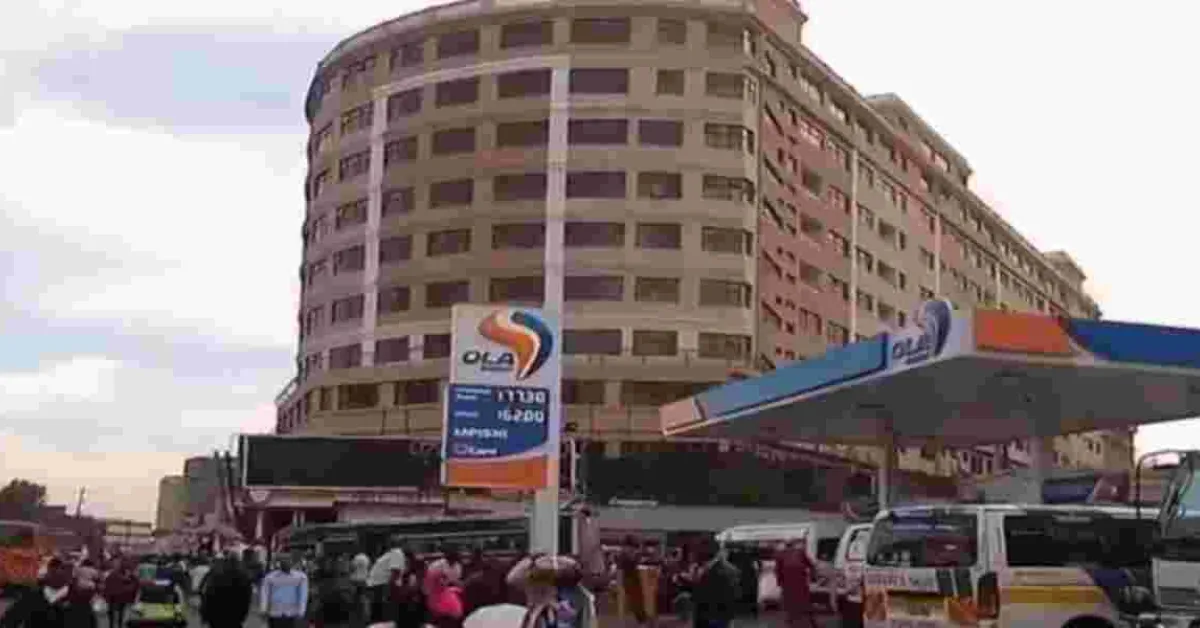
Nairobi's public transport sector is experiencing significantly reduced passenger volumes this festive season, deviating from the historical trend of vibrant travel activity associated with Christmas and New Year.
Recent findings from a survey conducted by The Standard highlight a stark decrease in the number of residents journeying upcountry, particularly to key regions such as Western, Central, and Eastern Kenya. Typically bustling during this time, the Public Service Vehicles (PSVs) termini across the capital present a markedly quieter scene this year.
At the OTC terminal, matatu drivers along the Nairobi-Thika-Murang’a route are engaging in lengthy conversations as they experience prolonged wait times for passengers. Richard Munyalo, a stage attendant with MTN Sacco, notes that passenger numbers have significantly dwindled, resulting in fewer daily trips than in previous years.
"In the past, this stage would be crowded with travellers scrambling for seats, but today, it's almost empty," he says.
A similar quietness is observed at Machakos Country Bus, where the usual throng of passengers is replaced by a sparse gathering, with a few individuals waiting for buses to reach capacity. Bus attendant Jared Ochieng remarks on the number of inquiries about fares, stating, "Most people only come to inquire about fares and then turn back. I have never seen this since I started working here."
Despite the lack of travellers, transport fares have surged, drawing substantial complaints from passengers. For those travelling to Western Kenya, fares have increased dramatically, ranging from Sh2,200 to Sh3,000, compared to the typical charge of Sh1,500. John Onyango, a passenger heading to Migori, expresses his frustration over rising costs but notes his determination to travel: "The fare is a lot; it’s too costly, but I must travel back to the village."
Travellers en route to Murang’a and Nakuru are facing fare hikes of Sh100, while those heading to Eldoret are now paying upwards of Sh1,700, an increase from Sh1,200. This surge in transportation costs is largely attributed to the prevailing high cost of living, a concern frequently voiced across social media platforms alongside reports of traffic congestion and vehicle shortages.
Driver John Mungai laments the economic pressures, stating, "The economy is frustrating; there is a high rate of unemployment and an unconducive business environment." Matatu operators are feeling the financial strain as well, with some facing difficulties in meeting their financial obligations. Mungai laments that "Matatu owners and auctioneers are on our necks because, with few travellers, we cannot remit the required cash."
As residents contend with these economic challenges, concerns about taxation and its impact on disposable income loom large. Belinda Wafula, who is travelling to Busia, expresses her worries about the dual burdens of travel costs and impending school fees in January, stating, "This is painful because I still have school fees to pay come January."
Albert Karakacha, President of the Matatu Owners Association, acknowledges the recent decline in fuel prices but clarifies that this would not necessarily lead to lower fares, citing rising vehicle maintenance costs as a contributing factor.


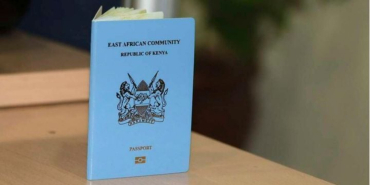
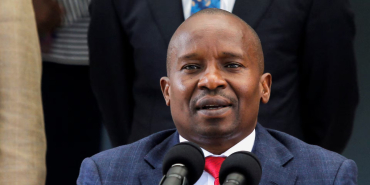
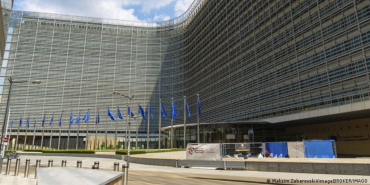
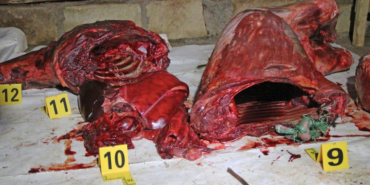
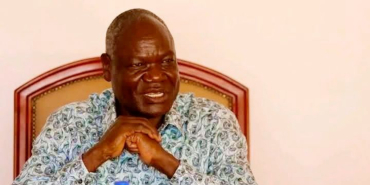

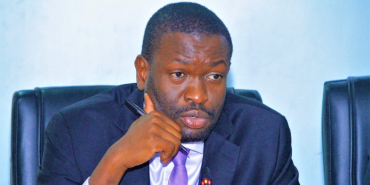



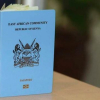
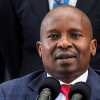
Add new comment